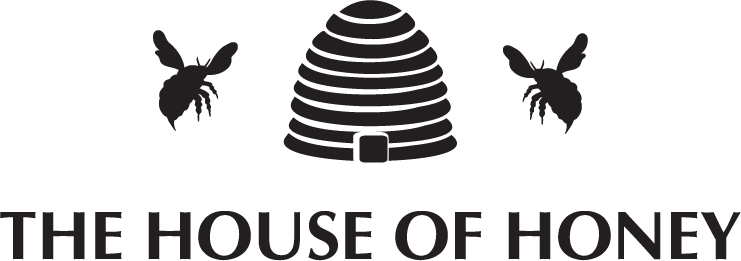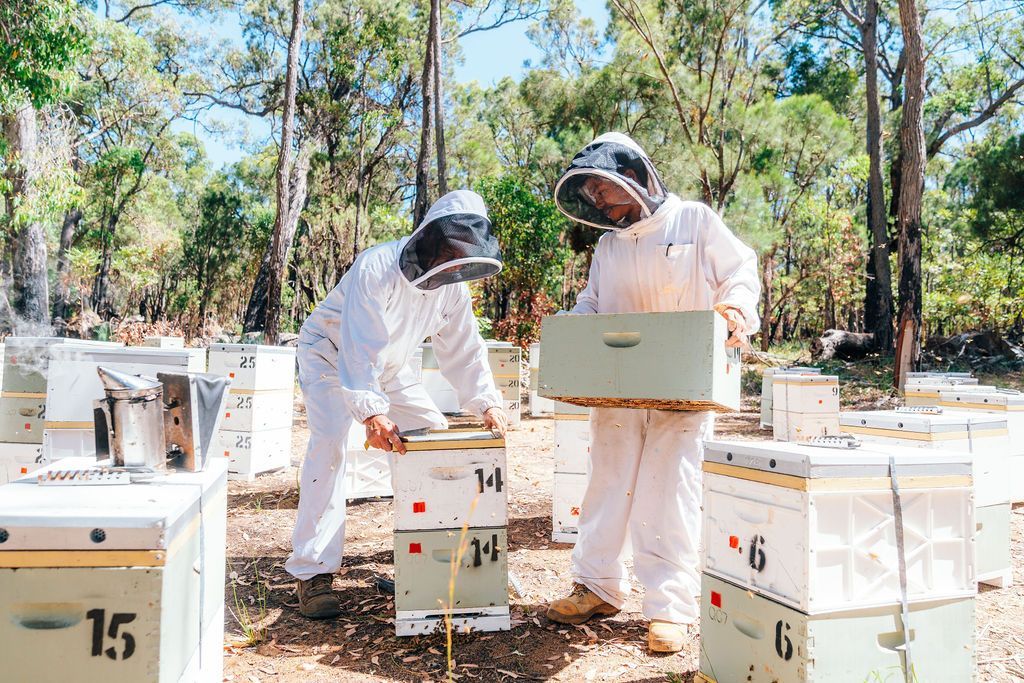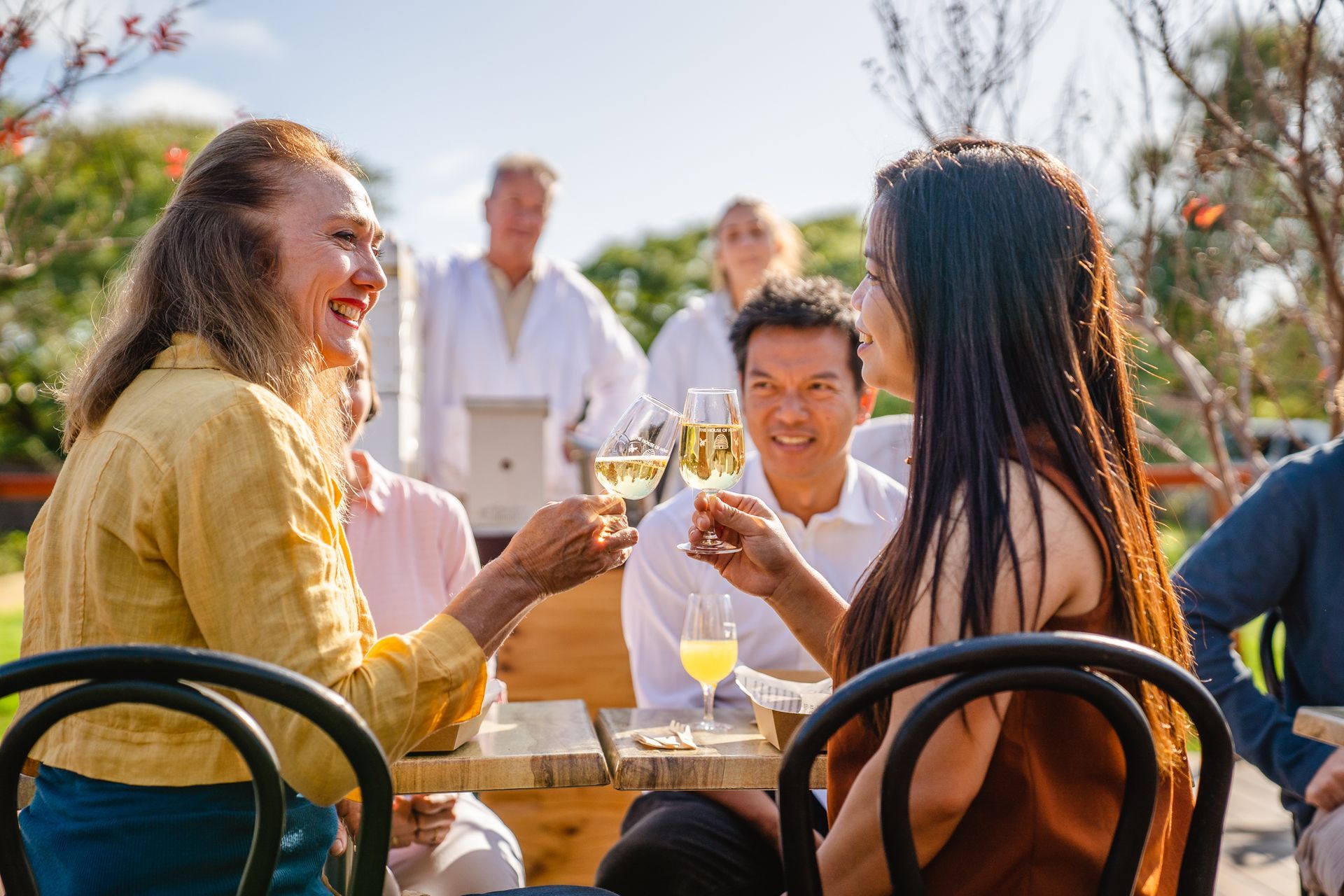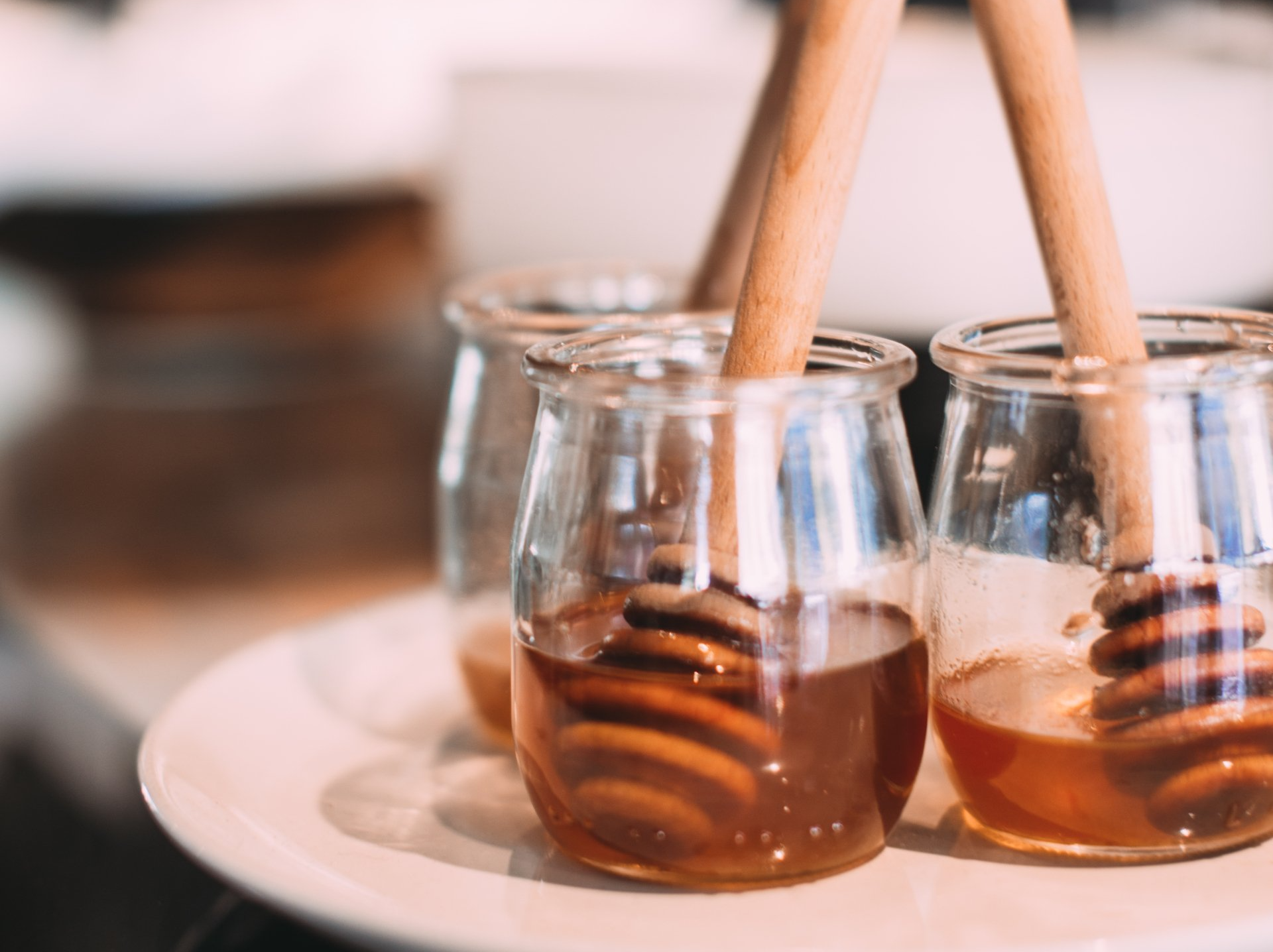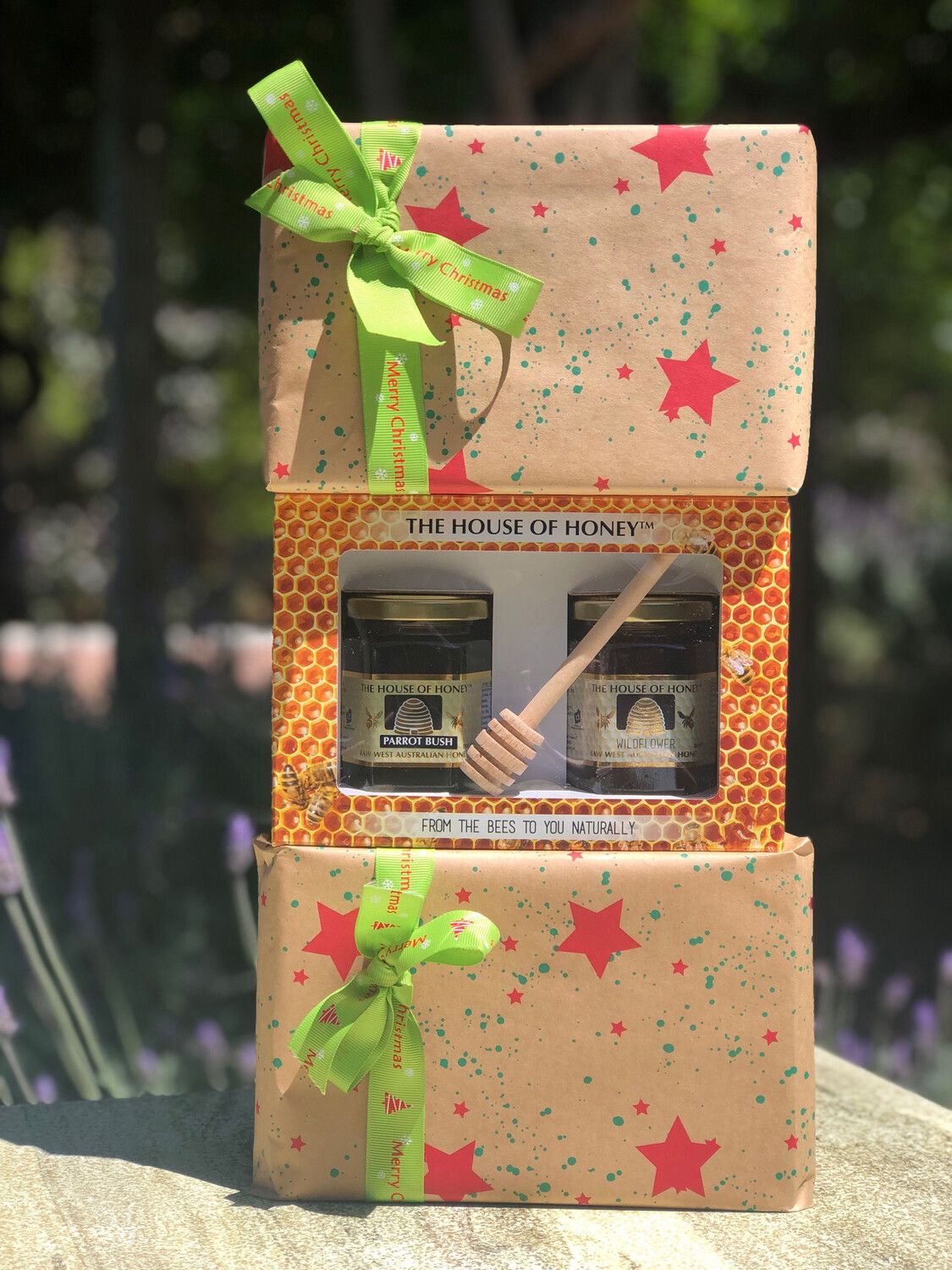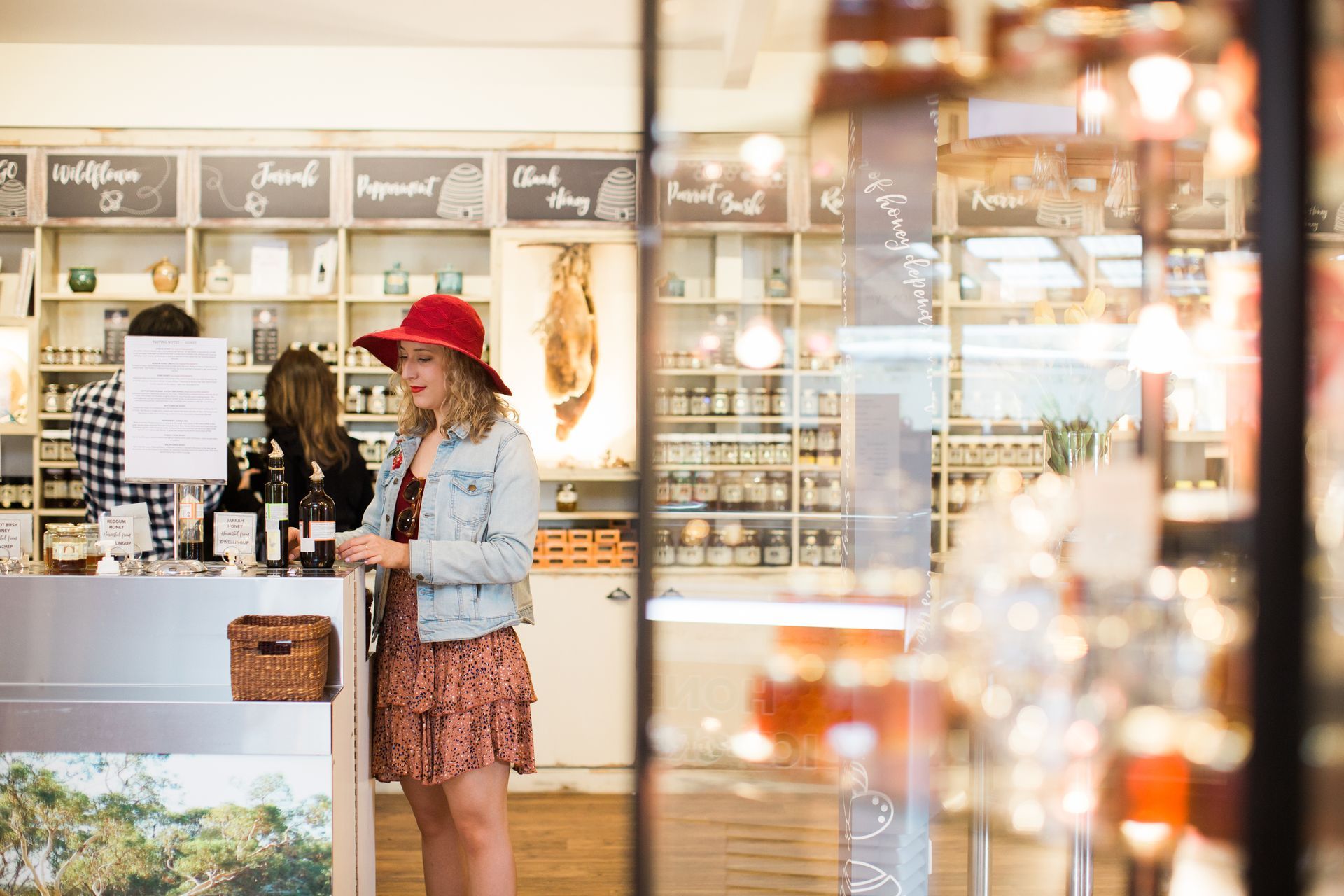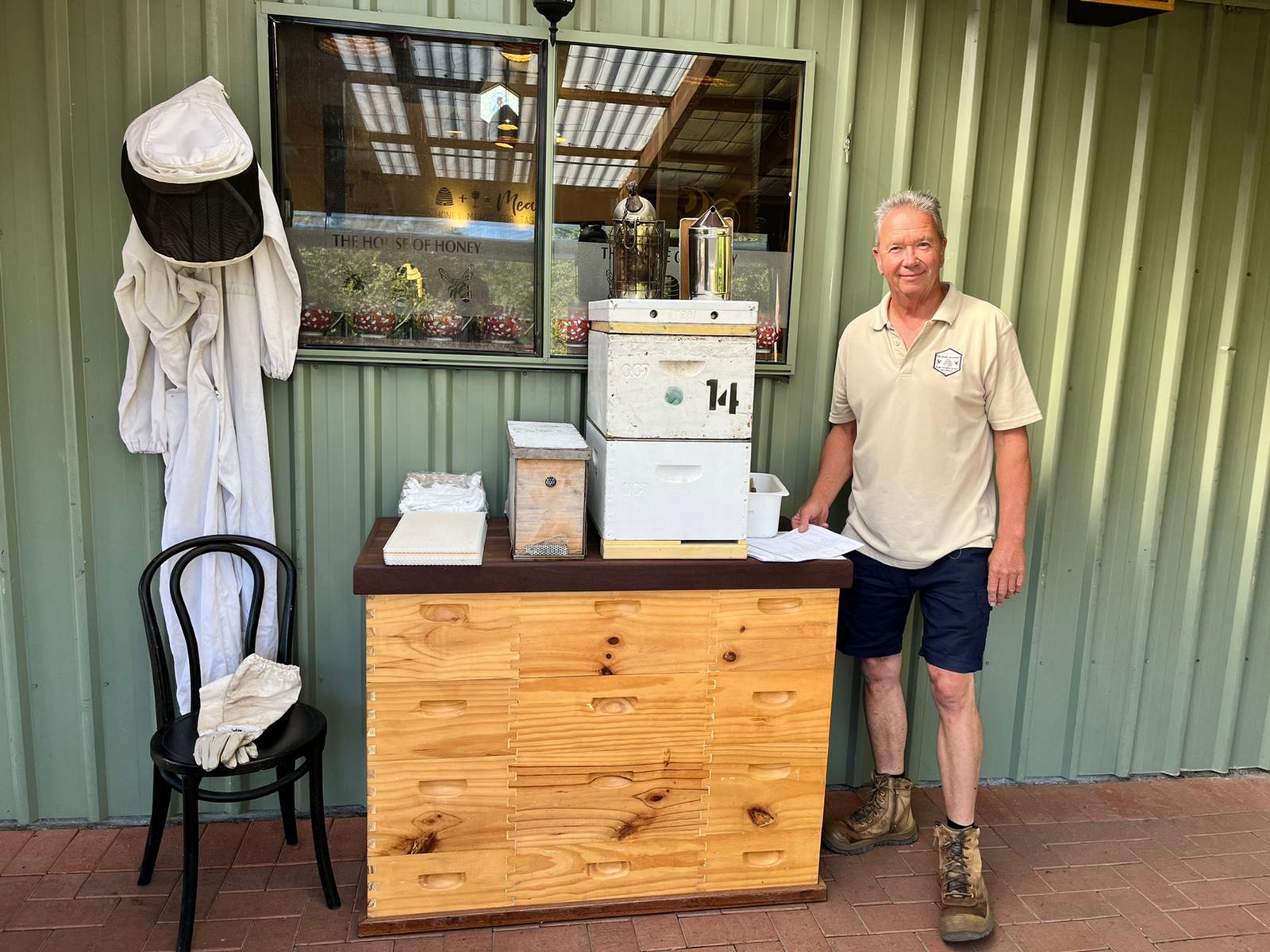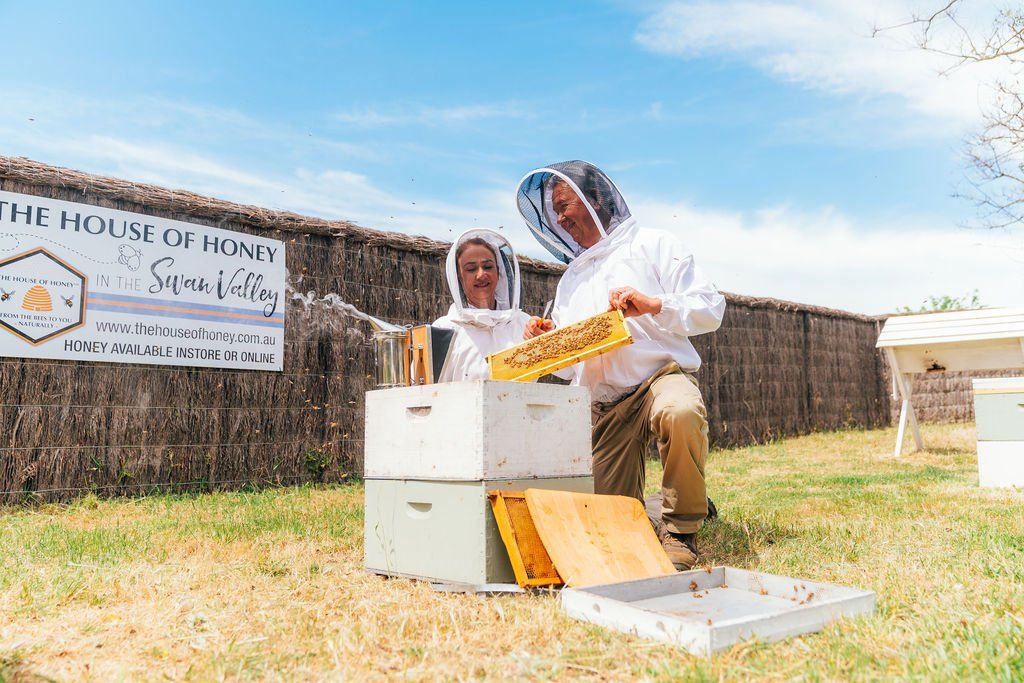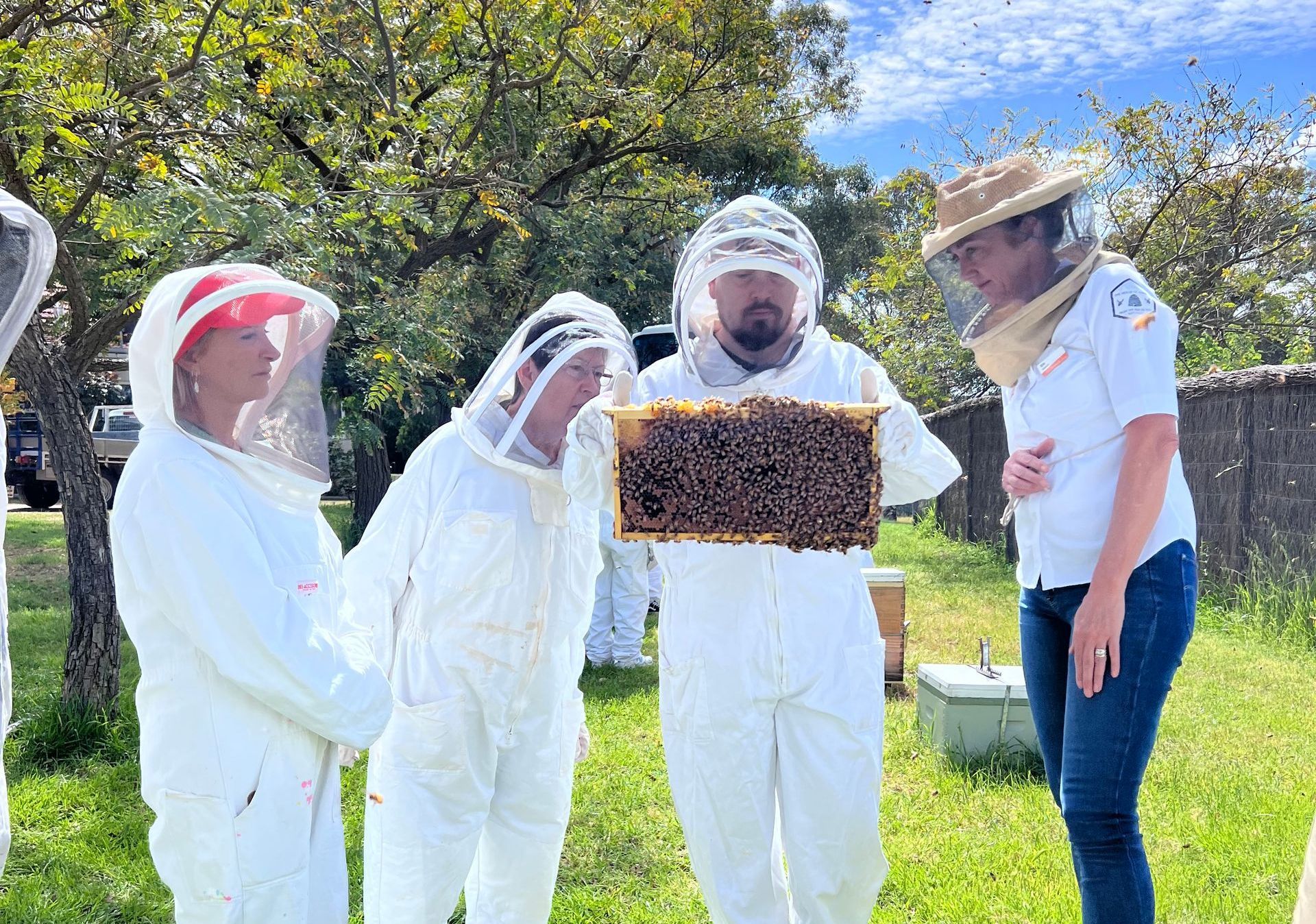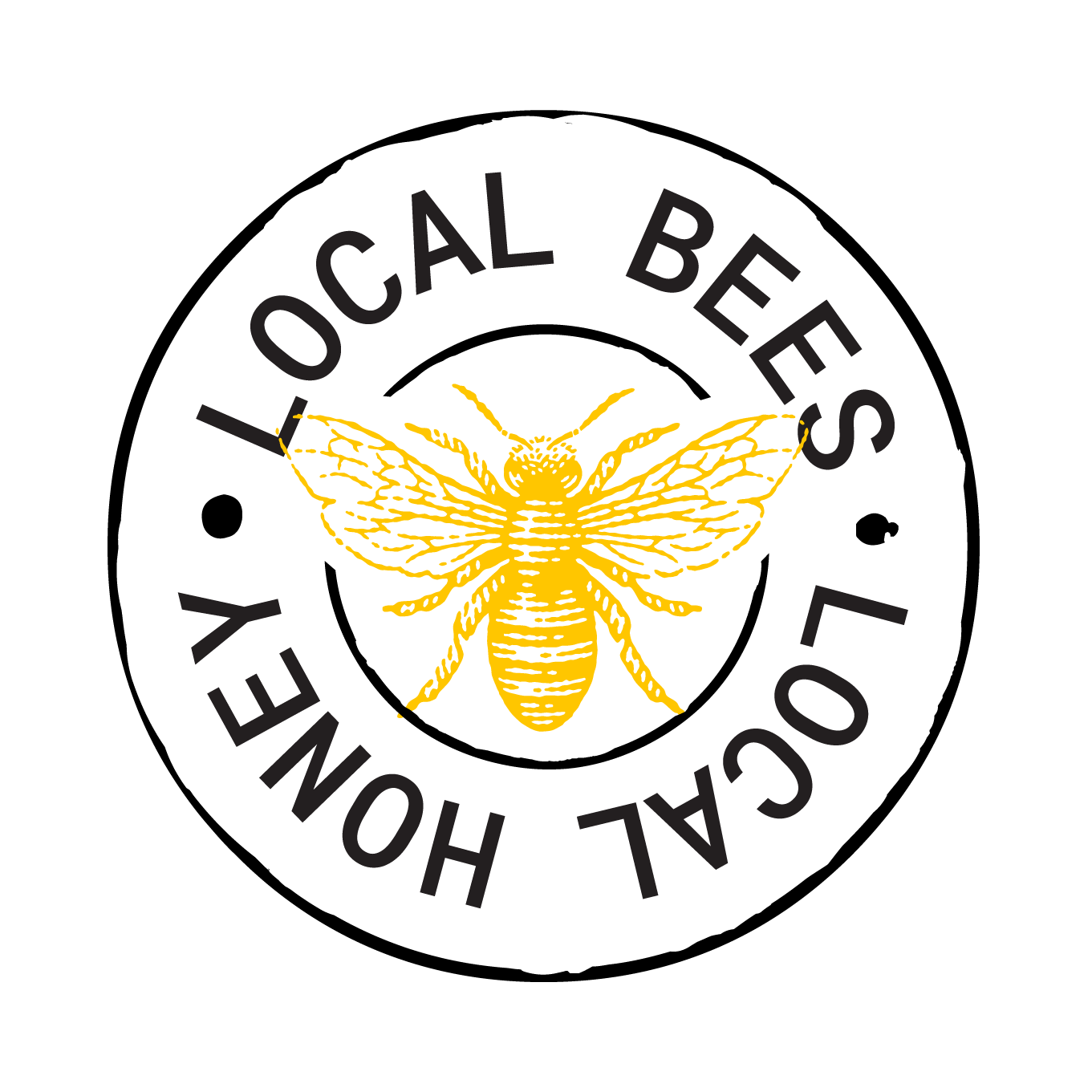Free shipping on orders over $150 in Perth Metro area.
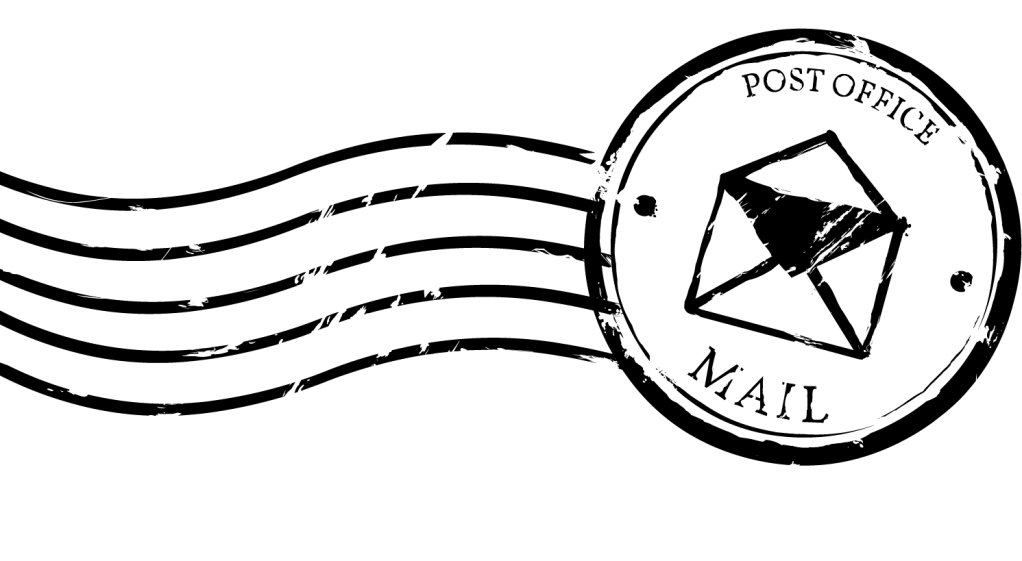
Online click & collect
Why are bees so important in Australia?
So, we know bees produce honey...
A beloved sweet treat with medicinal properties enjoyed across the world and throughout history.
But bee capabilities go far and beyond simple honey, beeswax and propolis production, which we celebrate here at The House of Honey. In fact, these fascinating colonies of creatures are fundamental to the world we live in, and the food we eat. That is because:
Bees are important pollinators - especially in Australia
With the magnificent bush and diverse landscapes of the country, our bees are busy with a bounty of pollen and nectar to feed their hives and convert to honey. But along the way, they help support Australia’s natural beauty, complex ecosystems and agricultural prowess by pollinating crops and flowers.

What is pollination? And how do bees pollinate?
Pollination happens when a ‘pollinator’ (typically an insect or bird) helps flowers and crops to fertilise through the transfer of pollen. When our honeybee collects pollen and nectar from a crop, some pollen will rub off onto her fur. As she continues her foraging flight, the pollen attached to her fur transfers from crop to crop, facilitating the fertilisation of fruits, flowers, and seeds.
The European honeybee, or apis mellifera are Australia’s most popular and well-known pollinator, but there are over 2,000 types of native bee in Australia, some of which play an important role in crop pollination.
Some other pollinators in Australia include:
• Beetles
• Wasps
• Mosquitoes
• Butterflies
• Ants
• Hummingbirds
• Possums
• Bats
Interesting facts about bees as pollinators:
• A single colony can pollinate 300 million flowers a day
• A bee can pollinate up to 500 flowers in a day
• Bees help pollinate around 65% of Australia’s food chain
Did you know that we have an Observation Hive in our shop, that you can visit with the whole family? We proudly share our knowledge every day with guests who come in to view the bees. Make sure you pop in to say hi.
What do bees pollinate?
Without the hard work of the honeybee, our dinner plates would be very dull. Bees give variety to our meals and help support a healthy and nutritious diet. The rich diversity of natural produce that underpins Australia’s colourful agricultural industry is largely down to the work of these wonderful natural pollinators!
Foods that bees play a major role in pollinating:
· Almonds
· Apples
· Pears
· Cherries
· Avocados
· Cucumbers
Some of these are 100% reliant on honeybees to fertilise!
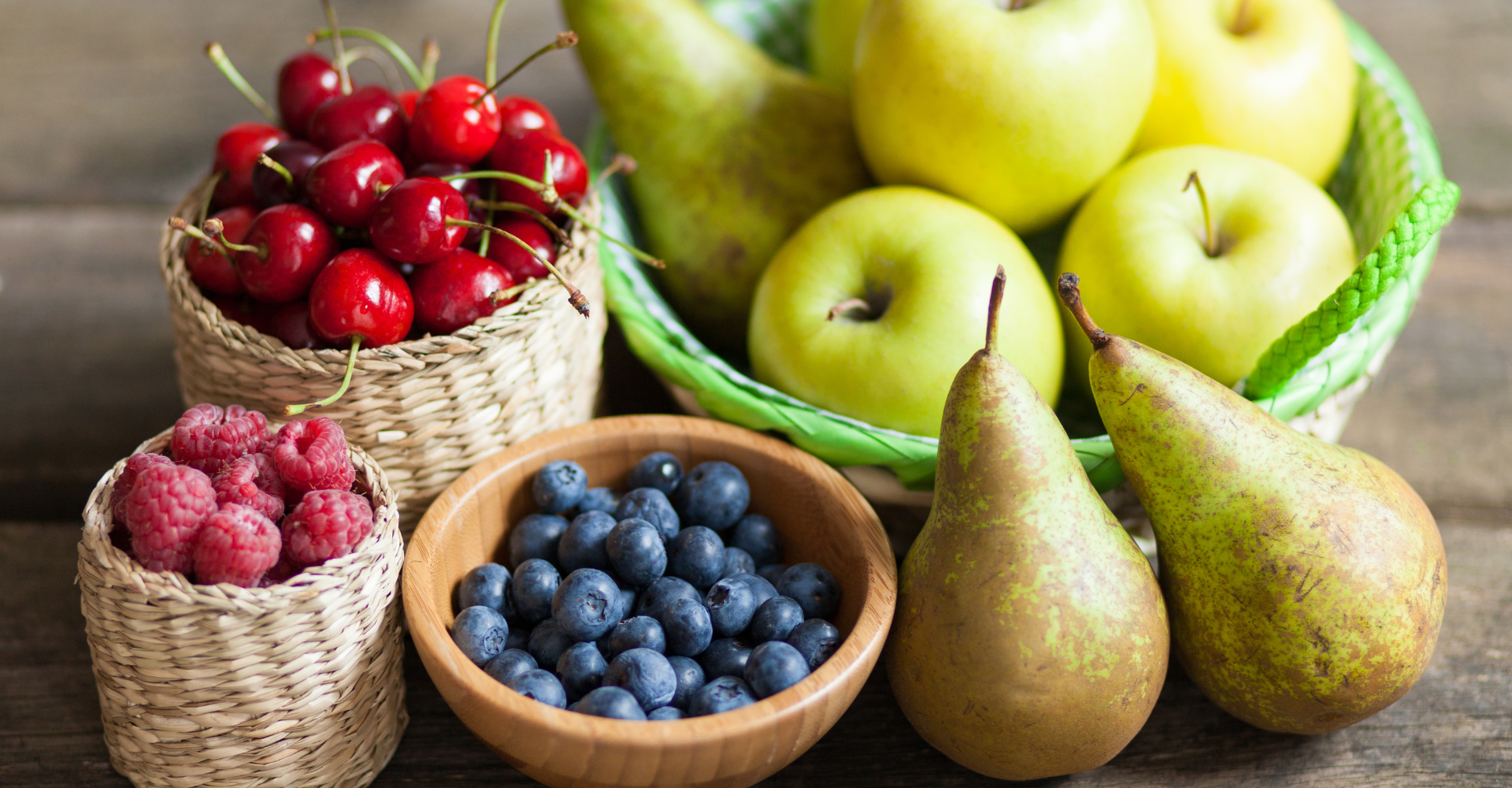
But the bee population is in decline
A declining bee population poses a great threat not only to our dinner plates, but the whole future of the human race. Fewer plants pollinated means fewer mouths are fed, and the collapse of our ecosystems that bees play a huge part in could just be the beginning of the end of the human population as we know it.
But there are some things that you can do to help our bees.
How can we help our Australian bees thrive?
Plant bee friendly crops: Bees thrive off bottlebrush, lavender, daisies, tea trees, and eucalyptus – to name a few - so make sure that your garden is filled with these to help our bees get the nutrition they need.
Minimise pesticides: Try not to add pesticides to your crops. These kinds of chemicals don’t agree with honeybees which might lower their colony populations. At the House of Honey, we ensure all our aipiaries and hives are located as far away from these crops as possible, so we’re confident that our honey is positively pesticide free.
Ensure that water is available: water is integral to not only honey health, but the health of the hive as a collective. Bees need lots of water during the hotter days in Western Australia as they use droplets and their wings for their own air conditioning system, keeping their hives at a consistent, cool 34 degrees.
Buy direct: Buying from a reputable source, and ideally – a beekeeper – will have you safe in the knowledge that the honey you are buying is sustainable. At the House of Honey, we are beekeepers first; our mission is to ensure the bee colonies in Western Australia thrive, as well as the stunning landscape we are in. To learn more about the bees visit here, or pop into the shop to say hello.

Rubee Investments Pty Ltd. Licensee Kim and Rupert Phillips ABN: 46 606 706 196 Producers Licence: 618 0145475
Under the Liquor Control Act 1988, it is an offence to sell or supply liquor to a person under the age of 18 years on a licensed or regulated premises; or for a person under the age of 18 years to purchase, or attempt to purchase, liquor on a licensed or regulated premises.
If purchasing alcohol at our premise, you may be required to show identification.
Visit
867 Great Northern Highway
(Corner of River Road)
Herne Hill, WA 6056
Monday to Sunday 10am-5pm
Join the Honey Club
Subscribe to Get Our Special Offers
Thanks for subscribing. You'll be the first to hear about new items and special offers.
Please try again later.
All Rights Reserved | The House of Honey
Site by Helium Marketing








